Looking Back: Nov.7, 1998 – “Conflict of interest, and fishery management”, By Nils Stolpe

This Looking Back features Nil’s insightful research into the funding source of fishery management bodies in the USA. This article was written in 1998, and the funding sources are still the same, although the monetary amounts are certainly different now. In light of the recent ASMFC /MAFMC allocation steal, covered in dec 20th posting on Fisherynation by Jim Lovgren, [who mistakenly stated that the management funding was by SK money, which is an import-based tax, it is actually Wallop-Breaux funding which is the tax on recreational gear and fuel]. This issue needs to see the light of day again, the conflict is clear, and now they’re using bad science against us. >click to read< 18:35

































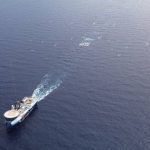
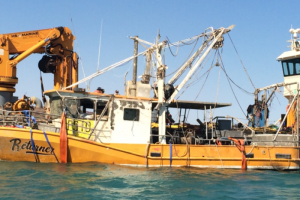


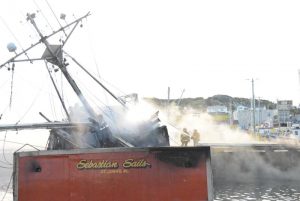



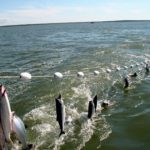
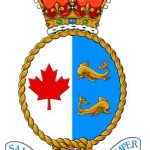

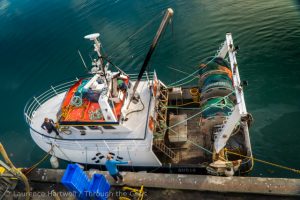
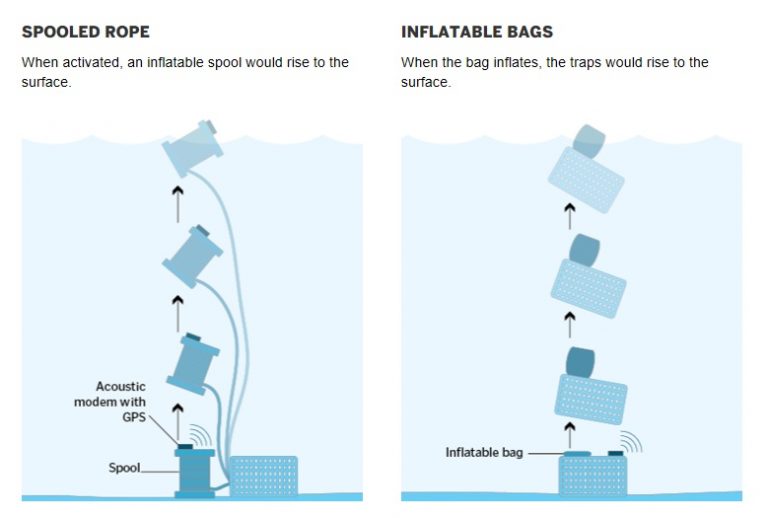



While it would be foolish to disregard the economics attached to recreational fishing we must not loose sight of what seems to be getting lost in this conversation.
Recreational fishing is just that. Recreational. And I’m sure that many recreational fishermen share their catch with a select few of their close friends. However, the overwhelming majority of people that enjoy seafood are not fortunate enough to be recipients of the healthiest form of protein our nation is blessed with.
The only avenue these people have to acquire this protein is from those who still work to harvest it on their behalf. Commercial fishing is the conduit between the resource and those who are unable to afford to access it on their own.
Seafood used to be plentiful and inexpensive and was once a staple in the nation’s diet. Affordable to just about everyone. Not so anymore.
Most seafood today is so expensive that it has become out of reach for the average person to afford.
That however should not be an excuse to diminish the ability of people to have less access to this resource because a bunch of unelected bureaucrats have decided that those who have the financial resources to harvest their own are more important than those who are less fortunate and depend on others as their connection to the sea.